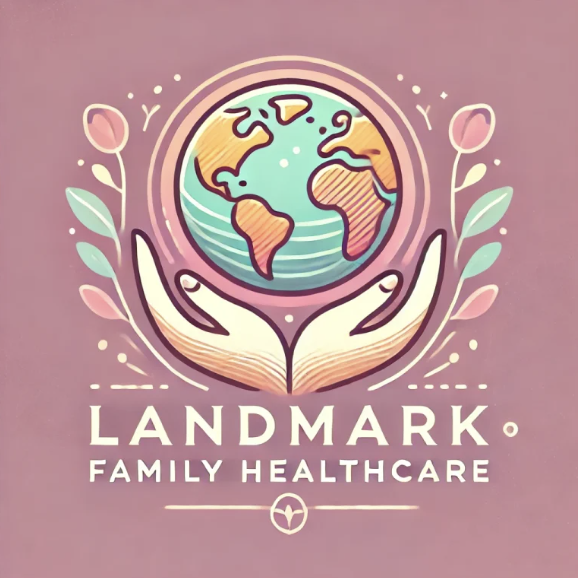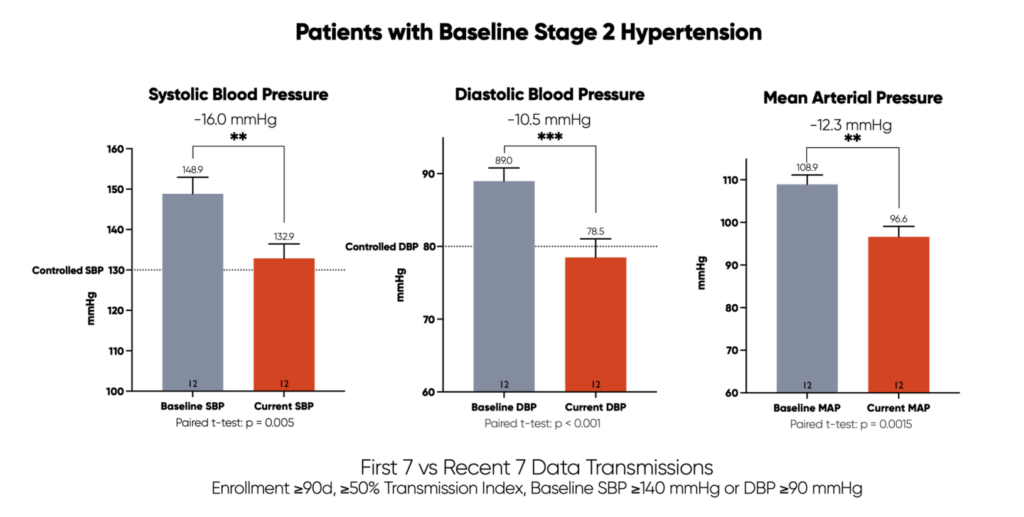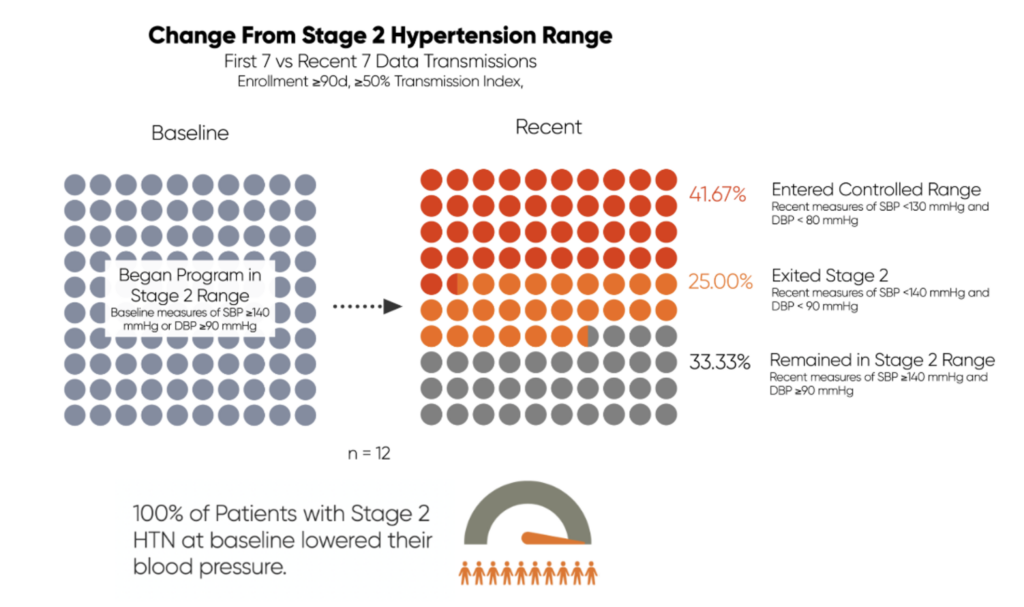
Londonderry, New Hampshire
Landmark Family Healthcare RPM and CCM Customer Story
“Once I understood what HealthSnap had to offer, I knew it was time to embark on this collaboration,” said Joan Romboli – Owner of Landmark Family Healthcare.
Summary
Landmark Family Healthcare has been proudly serving Southern New Hampshire since 2001. As a dedicated primary care practice staffed exclusively by compassionate and experienced nurse practitioners, Landmark Family Healthcare is committed to providing personalized, high-quality healthcare for individuals and families in their community.
Challenge
Joan E Romboli DNP/APRN Owner of Landmark Family Healthcare (LFH), shared that she had another CCM program in place almost a year prior to partnering with HealthSnap and albeit popular with their clients, she knew they needed hard fast data and she wanted to make sure they were really making a difference in their patients’ healthcare – not just their personal lives.
LFH knew it was going to be difficult to let go of their in-house CCM program, but once HealthSnap’s program was pitched to Joan, she understood that her patients deserved more and knew she would have measurable outcomes to assess the difference with the HealthSnap partnership.
“Once I understood what HealthSnap had to offer, I knew it was time to embark on this collaboration,” said Joan Romboli.
Program Highlights
Six months into utilizing the platform, LFH has noted a 5-star rating for its experience working with HealthSnap.
Joan Romboli shared “From the first discovery call, it was smooth and easy. Everyone was clear and concise. HealthSnap was never tired of our questions. They have been willing to “meet” whenever any questions or thoughts arise. I felt like I was their only client due to their continual availability and support.”
Clinical Outcomes
Among LFH patients with baseline systolic blood pressure ≥ 140 mmHg or diastolic ≥ 90 mmHg, 100% showed improvements in their blood pressure. Joan shared, “I am beside myself with pride and joy at the outcomes data.”
The outcomes data demonstrated both clinical and statistical significance, which is crucial since baseline data showed that half of uncontrolled patients began the program with stage 2 hypertension under home ambulatory conditions. After six months, these patients reduced their systolic blood pressure (SBP) by an impressive 16.0 mmHg, from 149 to 133 mmHg, and their diastolic blood pressure (DBP) by 10.5 mmHg, from 89 to 78.5 mmHg, comparing their first seven days of transmission to the average of the most recent seven days. Typically, the longer a patient participates in the program, such as one year, the better the outcomes. However, LFH patients already achieved this clinically significant improvement in just half that time.

The reduction in blood pressure resulted in ⅔ of patients no longer meeting the Stage 2 Hypertensive classification by the end of the assessed period. This included 5 of the 12 patients moving from a Stage 2 range into the targeted controlled range of <130/80 mmHg which is associated with a substantial reduction in the risk of future cardiovascular events.


